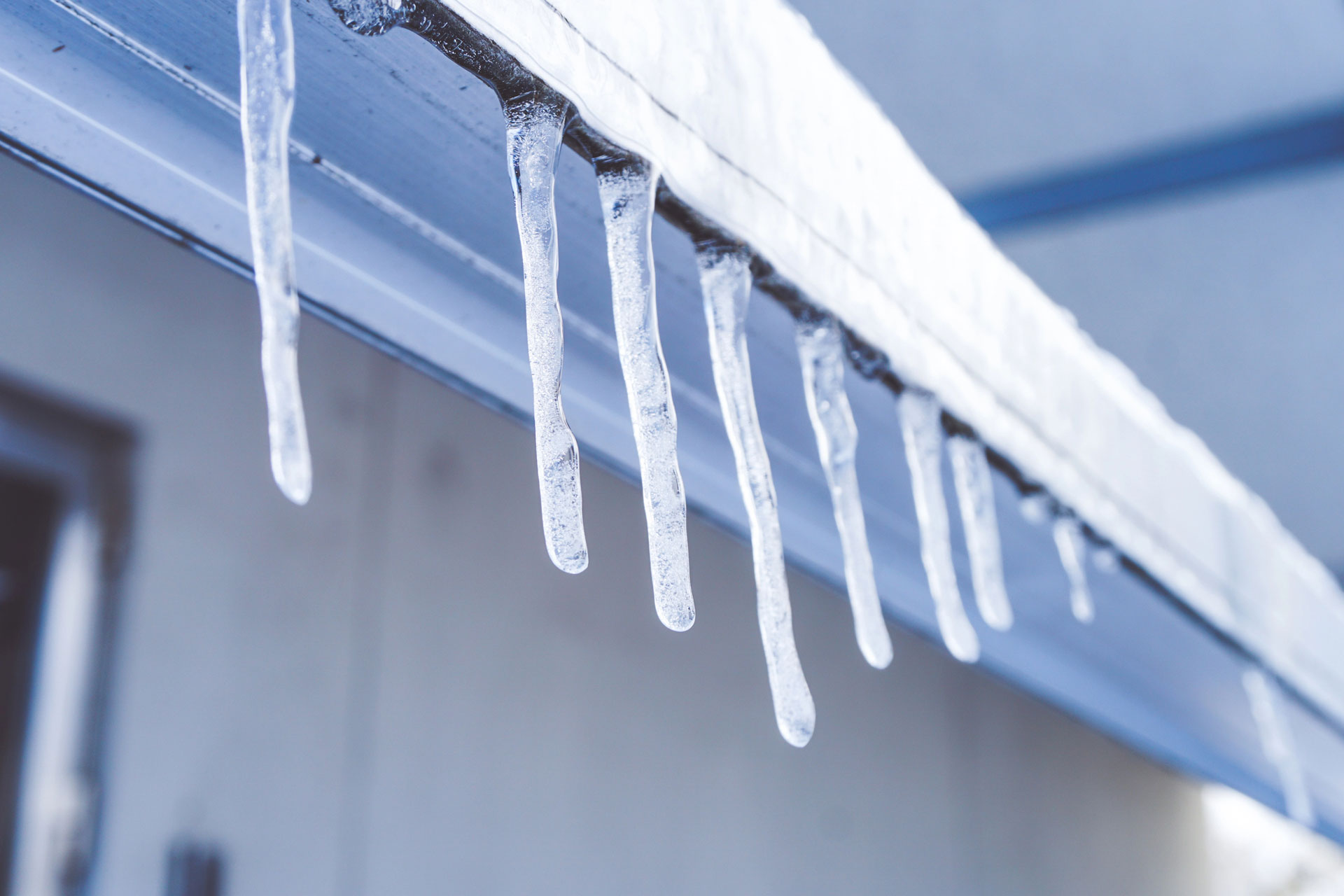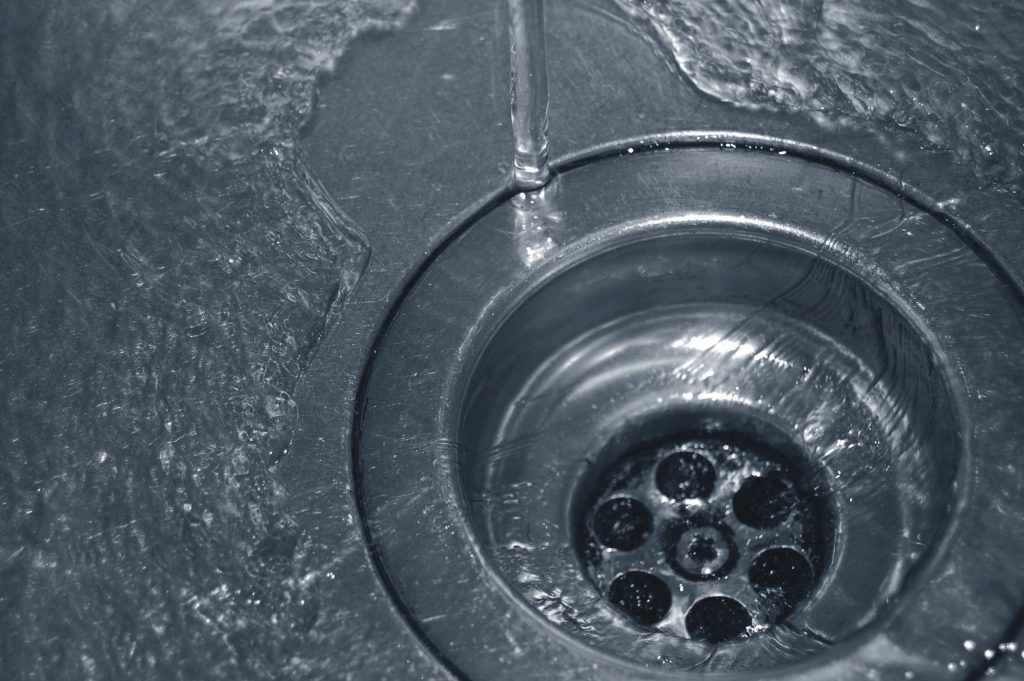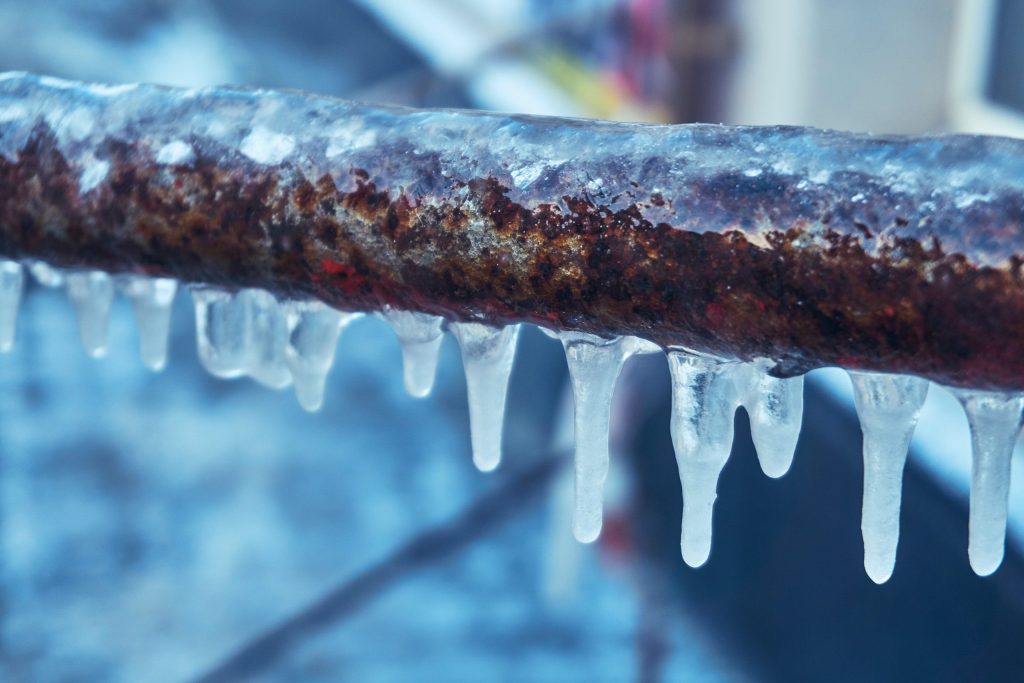Preparing Your Plumbing for the Cold: Mistakes to Avoid
November 3rd, 2025
Winter in Quebec can be harsh on plumbing systems. A small oversight in November can quickly turn into a disaster when the temperature drops below freezing. To avoid leaks, burst pipes, and costly repairs, here are the most common mistakes to avoid when preparing your home for the cold season.
- Forgetting to Drain Outdoor Pipes
This is the number one cause of burst pipes in winter. If you forget to shut off and drain outdoor faucets, any remaining water can freeze and cause the pipes to crack. Close the supply valve and leave the faucet open until the line is completely empty.
- Neglecting Pipe Insulation
Pipes located in unheated areas, like garages, basements, or crawl spaces, are at high risk of freezing. Wrap them with foam insulation or heating tape to keep them protected. This small step can save you from costly water damage.
- Ignoring Small Leaks
A tiny leak today can become a major issue once freezing temperatures hit. Water expands as it freezes, causing cracks and broken fittings. Check all faucets, joints, and pipes before the mercury drops below zero.
- Forgetting About the Water Heater
Your water heater works harder during winter. Make sure it’s operating efficiently by checking the temperature (ideally around 60°C), flushing the tank to remove sediment buildup, and inspecting the pressure relief valve. Preventive maintenance will extend its lifespan and improve performance.
- Closing Basement Heating Vents Completely
Many homeowners shut basement vents to push more heat upstairs, but this can create cold zones where pipes freeze. Keep a minimum temperature of 18°C throughout your home, even in less-used areas.
- Skipping a Pre-Winter Plumbing Inspection
A professional plumber can spot vulnerabilities you might miss. A quick inspection before winter ensures a trouble-free season.
In conclusion, a well-prepared plumbing system means a well-protected home. By avoiding these common mistakes, you’ll ensure smooth operation all winter long and avoid costly surprises when spring arrives.




